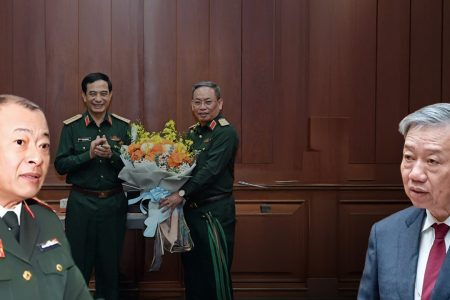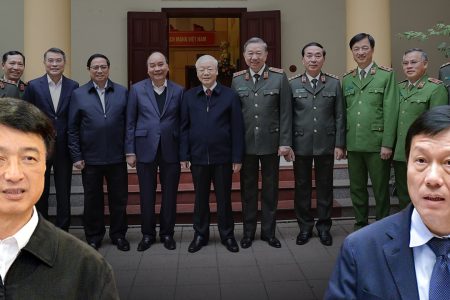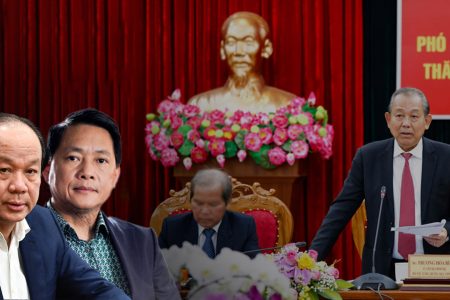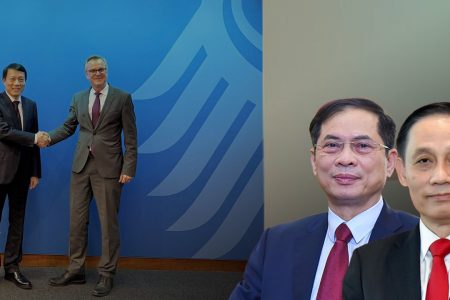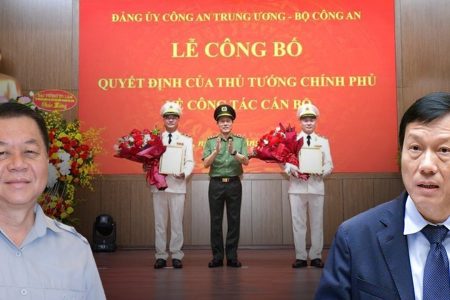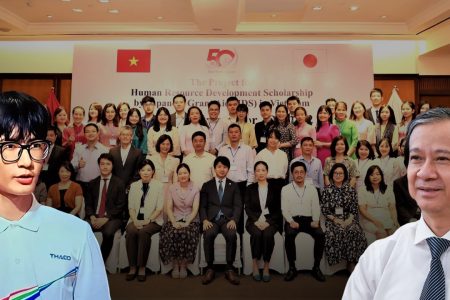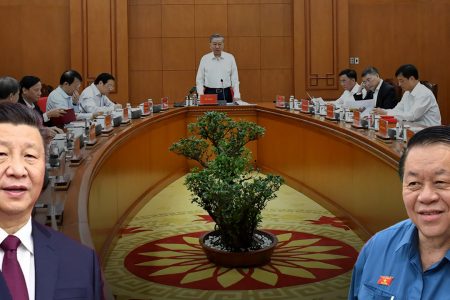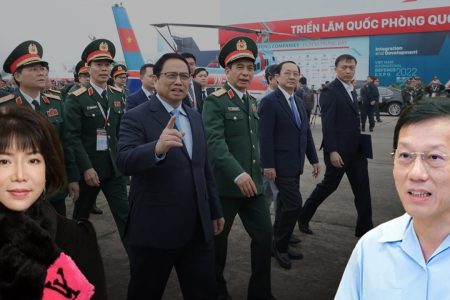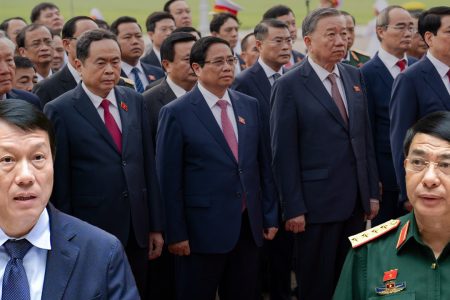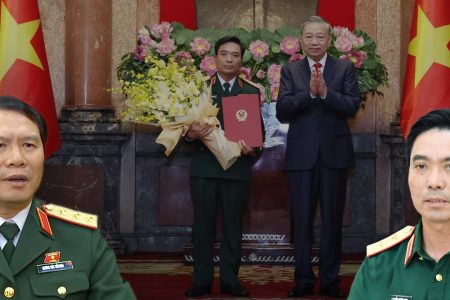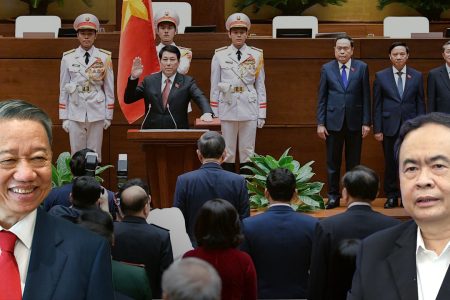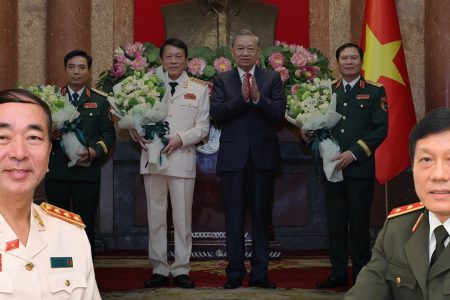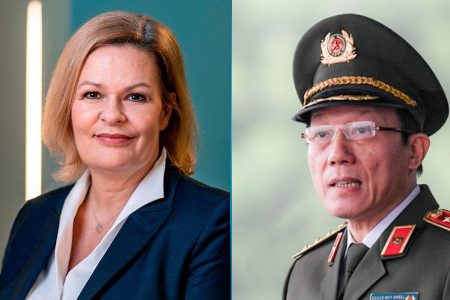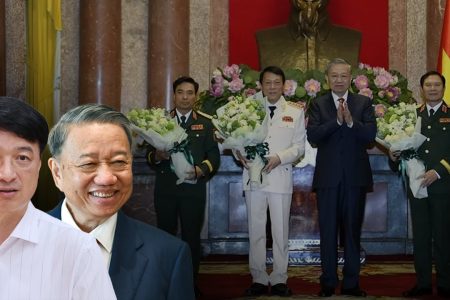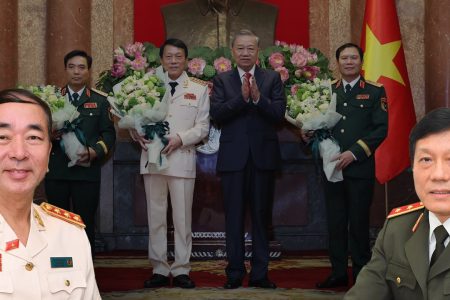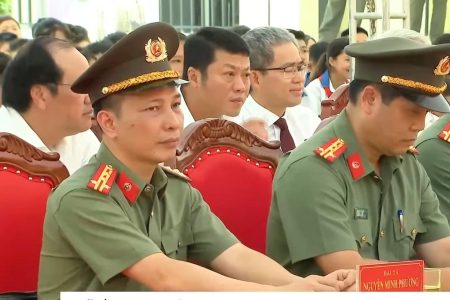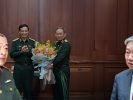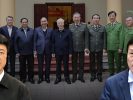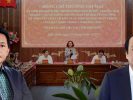
In 2022, in the Supplementary Report on finance and budget sent to the National Assembly, the Ministry of Finance said that the state budget deficit in 2022 was about VND342.6 trillion ($14 billion), equivalent to 3.6% of the country’s GDP.
However, this year, according to the announcement, the budget deficit will rise to 4% of the country’s GDP, equivalent to $16.4 billion. So, the budget deficit is escalating.
Recently, the Government of Pham Minh Chinh requested to borrow a huge amount, up to more than VND676 trillion (equivalent to about $27.5 billion) for overspending, principal repay and re-lending. Thus, the loan amount is about $11.1 billion. So the question is, who will the Government lend to?
Subjects re-lending from the Government include: provincial people’s committees; public business units; and state enterprises. Mostly, People’s Committees in the poor provinces will be able to “re-borrow” these amounts, while provincial-level units that make a lot of money will not be allowed to borrow.
The most disadvantaged is the People’s Committee of Ho Chi Minh City, which is deprived of 82% of its income every year to pay to the Central Government. State-owned enterprises that borrow often enjoy low interest rates.
Overspending has many causes. If overspending is because of public investment, it is a beneficial overspending. For example, overspending on upgrading roads, hospitals, schools, etc. for social development, those budget overspending dollars can help the economy develop.
However, giving money to poor provinces that like to build high-cost monuments, theaters, welcome gates, memorial houses for dead officials… is a waste of money. It does not help society develop, but only burns money.
In addition, loans to state-owned enterprises are also a way to create conditions for these enterprises to abuse. If the Government re-lends, businesses would report losses so they can receive these loans and make a profit.
For example, in 2021, Vietnam Airlines received a loan of VND4 trillion at 0% interest rate, but then, this airline continued to suffer losses in the following years. With preferential loans at 0% interest, it will try to get more loans like that.
Overspending in Vietnam not only comes from useless expenses, but it also comes from corruption. This is an amount that cannot be calculated. And it has helped officials have mansions, cars, and money to send their children to study in the US…
Even they use money from corruption to buy foreign citizenship, if something goes wrong, they can easily escape. The amount of money lost due to this cause cannot be counted, but it is terrible.
So the question is, every year the budget overspends, where does the Government get the money to make up for it? Should we just let overspending escalate like that? In fact, making up for the budget deficit is printing money. Inflation is an invisible tax that the Communist government imposes on the people.
According to our own research, prices of essential goods have increased by 10% to 20%, with some items even higher. But the inflation rate announced by the government is just under 4%. The announced number is said to have been manipulated to attract people.
Every country has inflation, however, the inflation level of other countries is often controlled at a low level, so that people do not have to pay too much from their pockets. But in Vietnam, the government allows prices to escalate which is very alarming, and the reported statistics are often very low.
People are having to bear the burden of money that the government uses in vain, as well as paying for the greedy pockets of government officials, from central to local levels. In this country, people do not have the right to speak. If you dare to speak up, Minister of Public Security To Lam will send soldiers to your house to deal with you. That is the way Vietnamese citizens are treated by the Party.
Thoibao.de (Translated)



